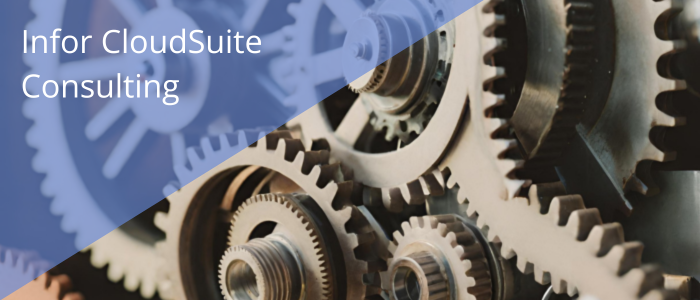Manufacturers need integrated service management
Many project based, engineer to order, and capital equipment manufacturers make the mistake of not prioritizing the service division of the business. The ramifications of this mistake are huge—organizations end up lacking the ability to generate higher margin activities, increase customer satisfaction, and differentiate their offerings to the market. But by prioritizing your service division and having an integrated service management software, your business will experience a multitude of benefits.














